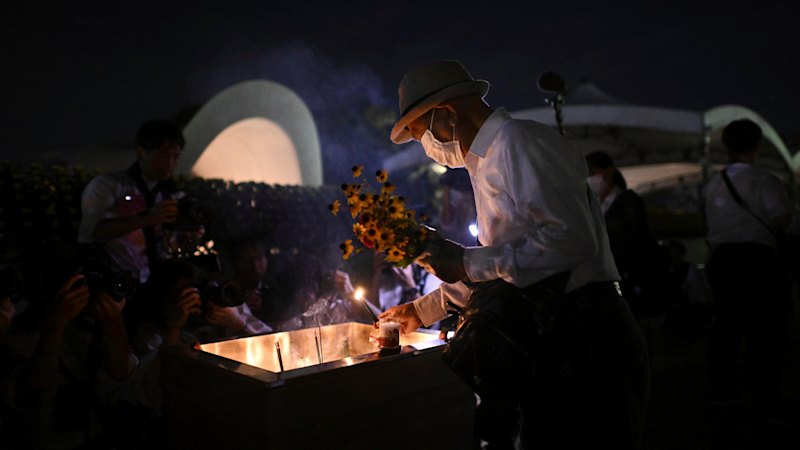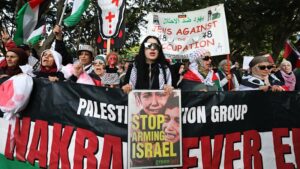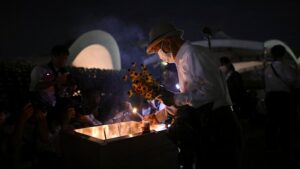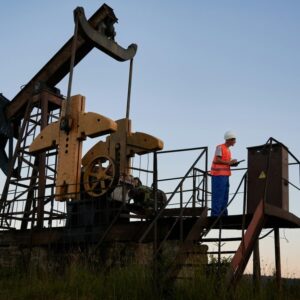
The horrors of Hiroshima and Nagasaki remain etched in history, reminding us of the devastating consequences of war. On August 6, 1945, the United States dropped an atomic bomb on Hiroshima, followed by another bomb on Nagasaki three days later, resulting in the loss of more than 100,000 lives in an instant and countless more in the aftermath due to injuries and radiation exposure.
Visiting Hiroshima in November 2019, just months before the onset of the COVID-19 pandemic, offered a profound perspective on the effects of this historical tragedy. The serene beauty of the city juxtaposed with its tragic past was striking. The Hiroshima Peace Memorial Park stands as a testament to the resilience of the survivors and a reminder of the profound impact of nuclear warfare.
The memorial, meticulously restored, offers a sobering exploration of the catastrophe. It provides visitors with graphic evidence of the destruction and human suffering that occurred on that fateful day in 1945. The stories of survivors, still shared by a dwindling number of individuals, serve as haunting reminders of the personal toll of the bombings.
As the 80th anniversary approaches, it is difficult to fathom the scale of the tragedy. Each of the lives lost represents a family member—a husband, wife, father, mother, or child—who faced unimaginable horror as they went about their daily lives. The overwhelming numbers can often feel abstract, but they embody real people, full of potential and dreams.
Reflections on Humanity and Peace
The testimonies of survivors, supported by their descendants and anti-nuclear activists, highlight a commitment to peace and the futility of violence. These advocates continue to raise awareness about the dangers of nuclear weapons and strive for a world where such destruction is no longer possible.
In a world still rife with conflict and violence, one cannot help but question the capacity of humanity to learn from its past. The ongoing presence of war and strife raises doubts about whether a future can exist where all people—regardless of their religion, race, or ethnicity—can coexist peacefully.
Despite the grim realities of today’s global landscape, those of us living in relative safety have a responsibility to acknowledge these events and work towards a better future. As we reflect on the past, we must engage actively in efforts to prevent history from repeating itself.
Janine Joseph, a writer based in Melbourne, encapsulates the deep emotional impact of her visit to Hiroshima. Her experiences serve as a reminder that while we may be distanced from the horrors of war, the lessons learned from such tragedies must shape our actions moving forward. As we approach significant anniversaries, it is essential that we remember the past and strive toward a more peaceful world.






